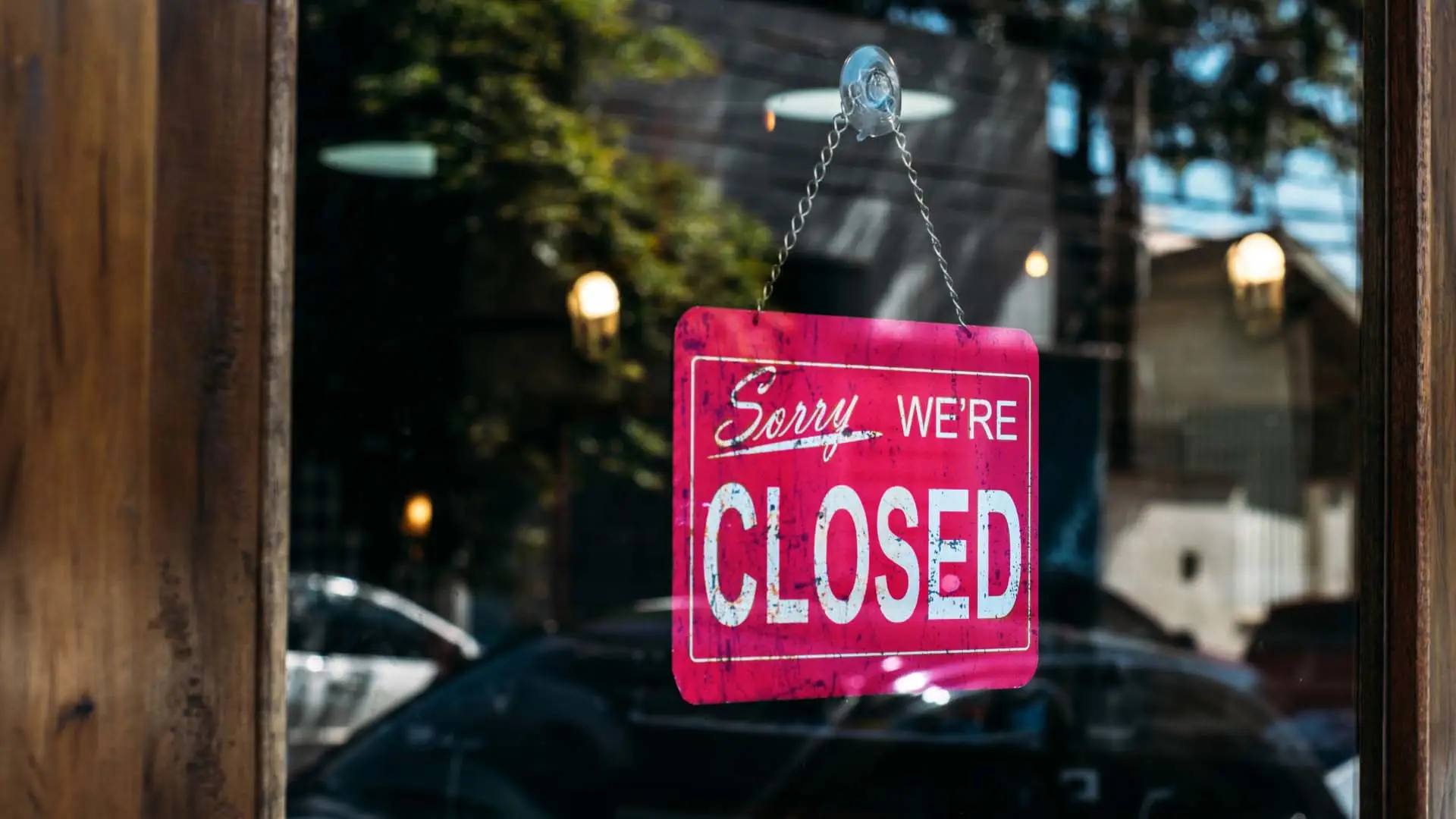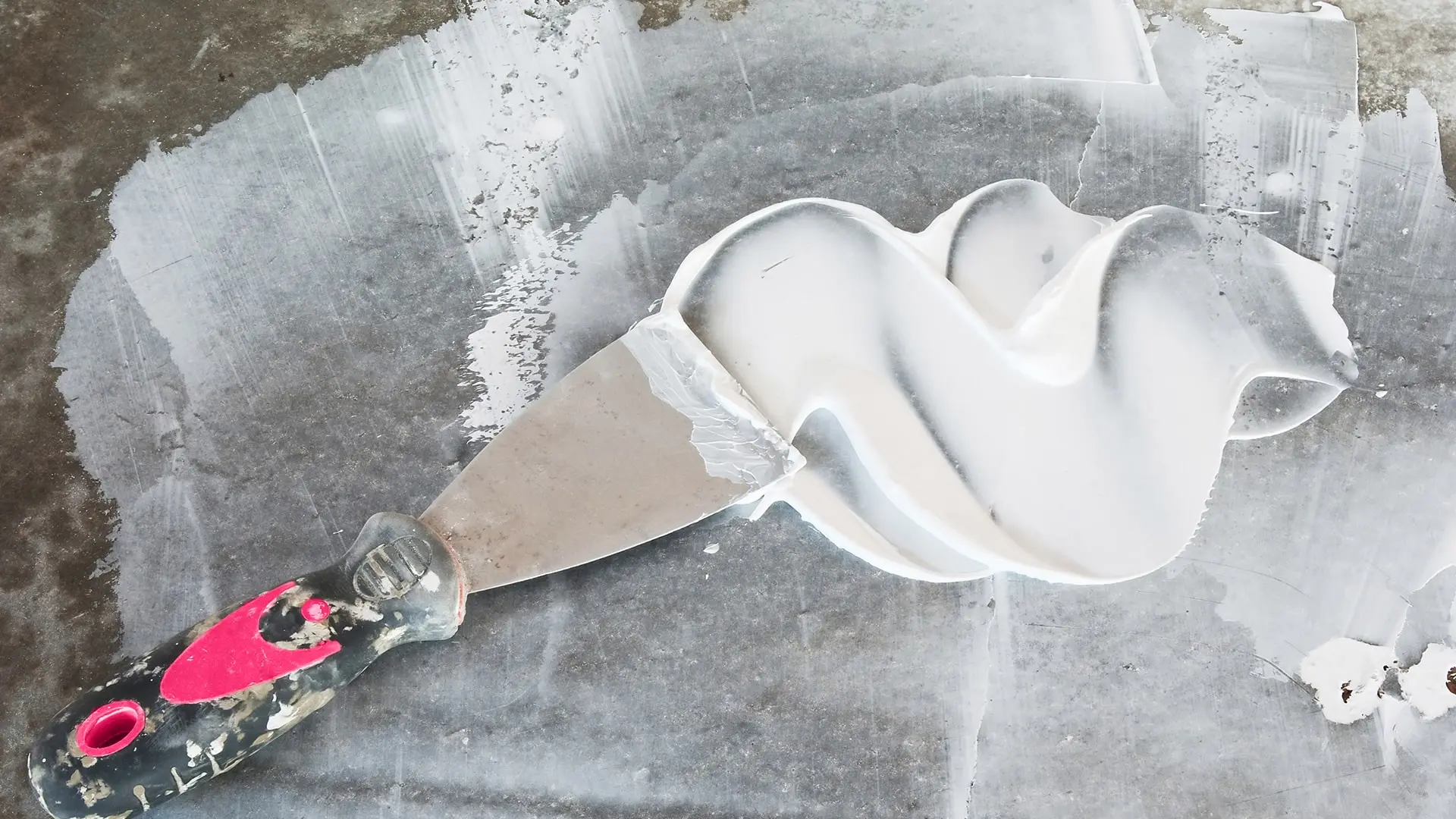As with any trade, there are certain risks that come along with drywalling, and it’s critical for every drywall contractor to be aware of the risks, minimize them as much as possible, and get the right kind of insurance in place to protect the business if something bad happens.
1. Dust!
The most frequent claims that our insurer partners see related to drywalling businesses are for damage caused by drywall dust that is not properly contained. Although in most cases, drywall dust doesn’t actually “damage” items that it lands on, if the dust gets into an HVAC system or is carried by the wind, it can settle across a wide area, and even get into electronic components, and the costs are all related to cleanup.
2. Screws and nails
Another common type of claim for drywallers is for errant screws and nails that accidentally hit wiring or plumbing in the wall. When a screw goes into a wire, it can cause a short circuit and could lead to a fire. If a screw goes into a pipe, it could lead to water damage. Hitting a pipe is often much more problematic than hitting a wire, because you might not notice a problem for years afterward. The screw or nail makes a hole in the pipe, but also may seal it off. The problem may only come to light months or years later when rust or shifting of the structure allows water to escape.
3. Stolen tools
All contractors should have tools and equipment insurance to protect the tools that are so essential to the work you do. You may be working at a construction site that’s not completely secure, or even if it is, there may be lots of other contractors coming and going, and your tools may look inviting. Whatever it is, drywallers make quite a few claims for lost or stolen tools.
Common insurance claim scenario
You are working on a renovation project in a condominium unit that is part of a 23-storey residential building. Because the unit is being completely remodeled, your crew decides not to use containment barriers when sanding the drywall. They use dropcloths to minimize the dust that settles on surfaces in the unit. Unbeknownst to them, the HVAC system picks up the dust and blows it into 50 other units in the building, requiring a major cleanup.
Total claim: $13,500
Tips for avoiding claims
Typically, the best way to avoid insurance claims for any contracting business is to follow the standards of your trade, and ensure that your staff are trained to do the same. Because drywalling is known to create a lot of dust, it is always recommended to set up containment barriers so that dust is contained within the area that is being worked on. This is usually done using plastic sheeting. Note any ventilation intakes within the containment area. If the HVAC system is running, these should be masked carefully to prevent spreading dust through the ventilation system. So-called “dustless” sanders are a huge help in reducing the spread of drywall dust.
In terms of avoiding claims for stray nails and screws, it’s simply a matter of taking care. And if you suspect that a screw went into something other than a stud, pull it back out. If you hit a pipe and it sprung a leak, at least you’ll know right away, and can take steps to minimize the water damage.
Safeguarding tools is also common sense. Don’t leave tools lying around. If you keep them in your truck, make sure the truck is always locked. Of course, never leave tools at a worksite overnight.
Drywallers insurance usually includes coverage for:
- General Liability (protecting your business from legal action) Learn more
- Tools and Equipment (if they are stolen, damaged or destroyed in a fire) Learn more
Other coverage to consider:
- Business Auto Insurance – Any car or truck owned by the business needs commercial auto insurance coverage. On the other hand, if you use your personal vehicle to get to and from job sites, you should talk to your broker about whether your personal auto insurance policy is sufficient. Don’t assume. You may end up voiding your coverage.
- Business Property Insurance – You only need a property insurance policy if you have an office or shop. If you work out of your home, ask your home insurance provider if you need additional coverage for business-related contents like tools or supplies.
[Our thanks to Joanne Carmody from Travelers Canada, one of our trusted contractors insurance partners, who agreed to share her expertise for this piece.]














